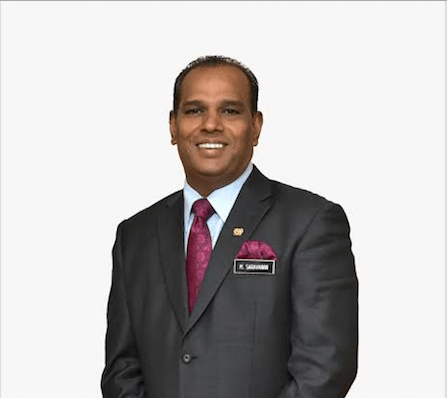Talent Corporation Malaysia (TalentCorp) and United Nations Development Programme (UNDP) Malaysia today launched the “Making Flexible Work, Work: Towards Better and More Inclusive Work-Life Practices” report.
Talent Corp says the joint publication is a timely assessment of Flexible Work Arrangements (FWAs) that result in a healthy and engaged workforce, despite disruptions caused by the COVID-19 global pandemic.
“This publication serves as a roadmap for how Malaysian employers can and must take the lead in preparing their workforce for the future of work.TalentCorp’s efforts in this area are in line with the Ministry’s agenda to develop a competent, productive, responsive and resilient national human capital base.” said M. Saravanan, Minister of Human Resources.
Malaysians have experienced Movement Control Orders in various forms (MCO/ CMCO/ RMCO/ FMCO) since March 2020.
Despite the initial unpreparedness of many companies, most employers and employees were able to make WFH work, with many now adopting a WFH Hybrid Model where employees work from home on a rotational basis. Successful adoptees have implemented 8 key lessons on FWAs/WFH arrangements.
“As the Ministry of Human Resources’ agency tasked to help steer the country’s talent strategy, we are committed to advocate for wider adoption of WLPs in Malaysia,” said Thomas Mathew, Group CEO of TalentCorp.
TalentCorp aims to see greater recognition of innovative workplace practices as an indispensable tool to drive productivity, boost organisational performance and support the needs and demands of tomorrow’s workforce.









